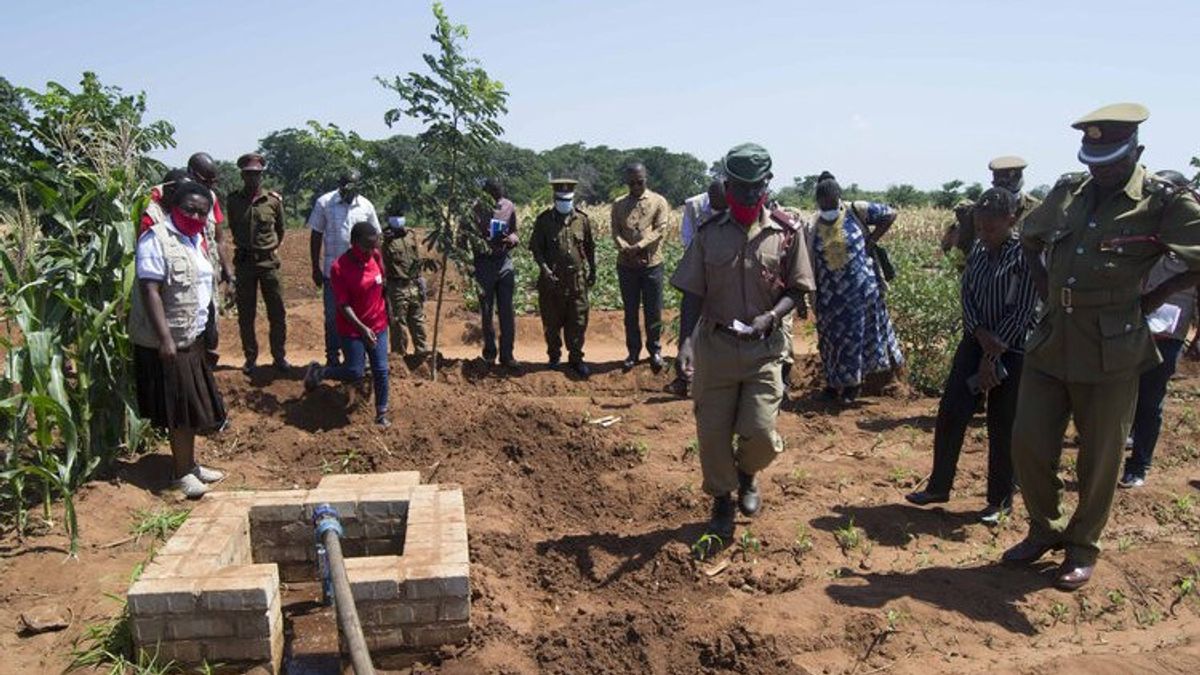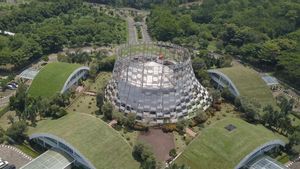JAKARTA - Nothing is wasted in this world. Even shit. Try to counter this opinion. But the facts we're about to present will make you think again. A prison in Malawi, a small country in East Africa, uses excrement as a living energy.
The prisoner, Felix Chimombo, woke up early this past morning. He had to prepare food for other inmates. Together with several colleagues, Chimombo was in charge of preparing meals for two hundred inmates at Mulanje Prison, South Malawi.
The task of Chimombo and his comrades was very challenging. Especially since the prison only provides an average of two cubic meters of wood as kitchen fuel. It is far from enough because the cooking process in the kitchen can take up to five hours.
One day the Mulanje Prison arrives at a biogas reactor. The wood age is over. The reactor allows them to convert organic material into energy. Yes, including excrement. They have since realized they have been dumping precious fuel down the drain all this time.

Now the dirt they use to turn on the kitchen also saves the forest. Made of plastic sheets, the reactor has a channel to collect dirt and other organic waste into the digester. In the digester, the dirt and waste are immersed in water.
Water creates an anaerobic environment, allowing bacteria to break down the biomass into methane. Everything is pushed through a piping system to the gas stove in the prison kitchen. "The system is very clean and effective," said Chimombo, quoted by the BBC, Saturday, April 24.
"When the factory was installed, we thought there might be a smell of sewage in the kitchen. But this gas is very odorless. This initiative is very helpful because we do not take long to cook because cooking using gas is faster and more efficient."
Save fuel
This reactor was imported by a charity, United Purpose. That technology helps improve conditions for prisoners. This system is successful in reducing the frequent blockage in the sewer system.
Prison officials say that since the biogas reactor was installed, the prison has halved its firewood consumption. Before the biogas digester installation, they spent 60 cubic meters per month. Now only 29 cubic meters.
Digesters also help reduce electricity bills in prisons. The savings reached an average MWK of 310,400. If cashed up to 290 euros or 400 US dollars. In Malawi, more broadly, biogas reactors are a way to solve several environmental problems.
Biogas digesters with human waste are increasingly in demand. Kenya, and even Indonesia are said to be on their way. Biogas digesters are very useful in remote rural areas. In Malawi, apart from reducing dependence on wood, biogas digesters also play a role in food.
The biogas digester produces a by-product in the form of slurry. In prison, the porridge is used as organic fertilizer. This helps the prison increase vegetable production. Mulanje Prison hopes that the fertilizer can help reduce malnutrition among inmates, especially those living with HIV AIDS.
* Read other information about ENVIRONMENT or read other interesting articles from Ramdan Febrian.
BERNAS OthersThe English, Chinese, Japanese, Arabic, and French versions are automatically generated by the AI. So there may still be inaccuracies in translating, please always see Indonesian as our main language. (system supported by DigitalSiber.id)








